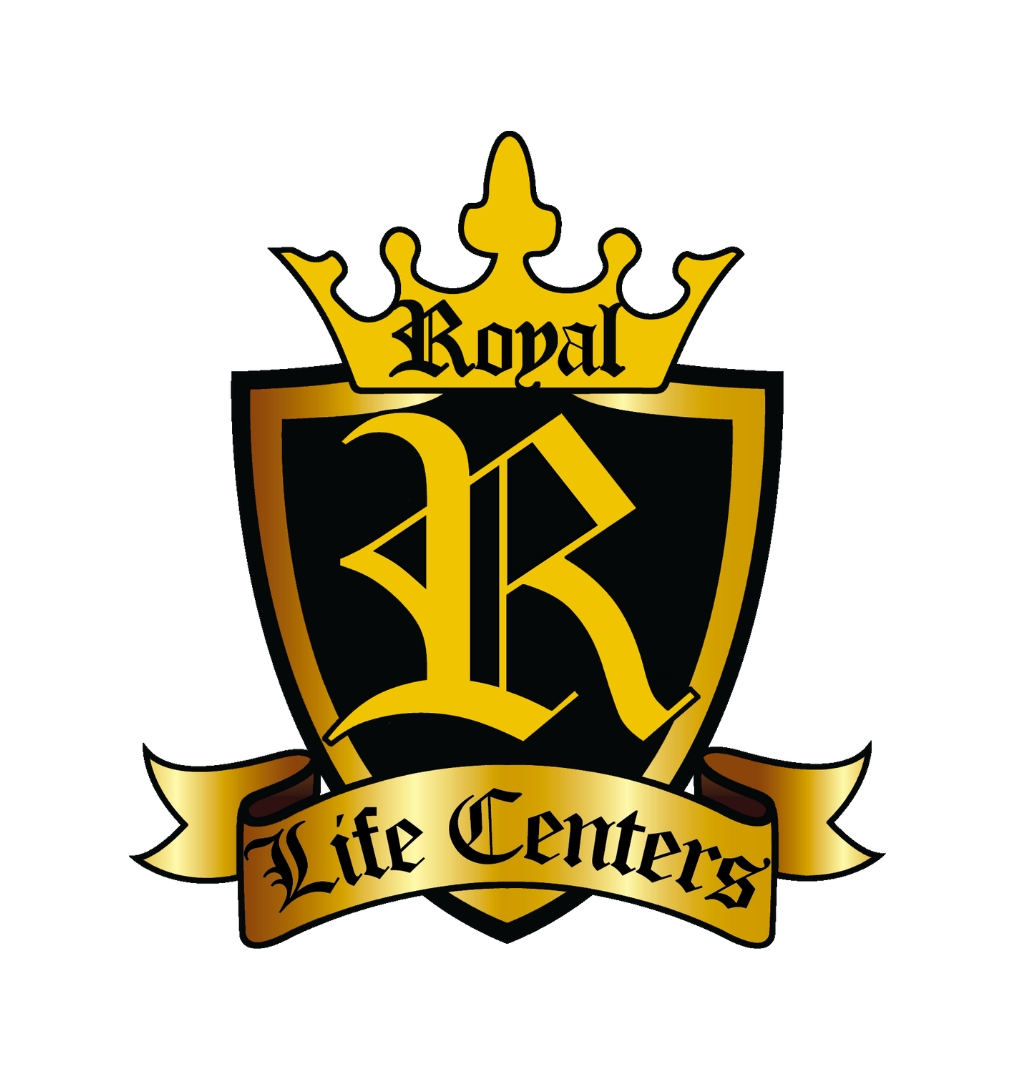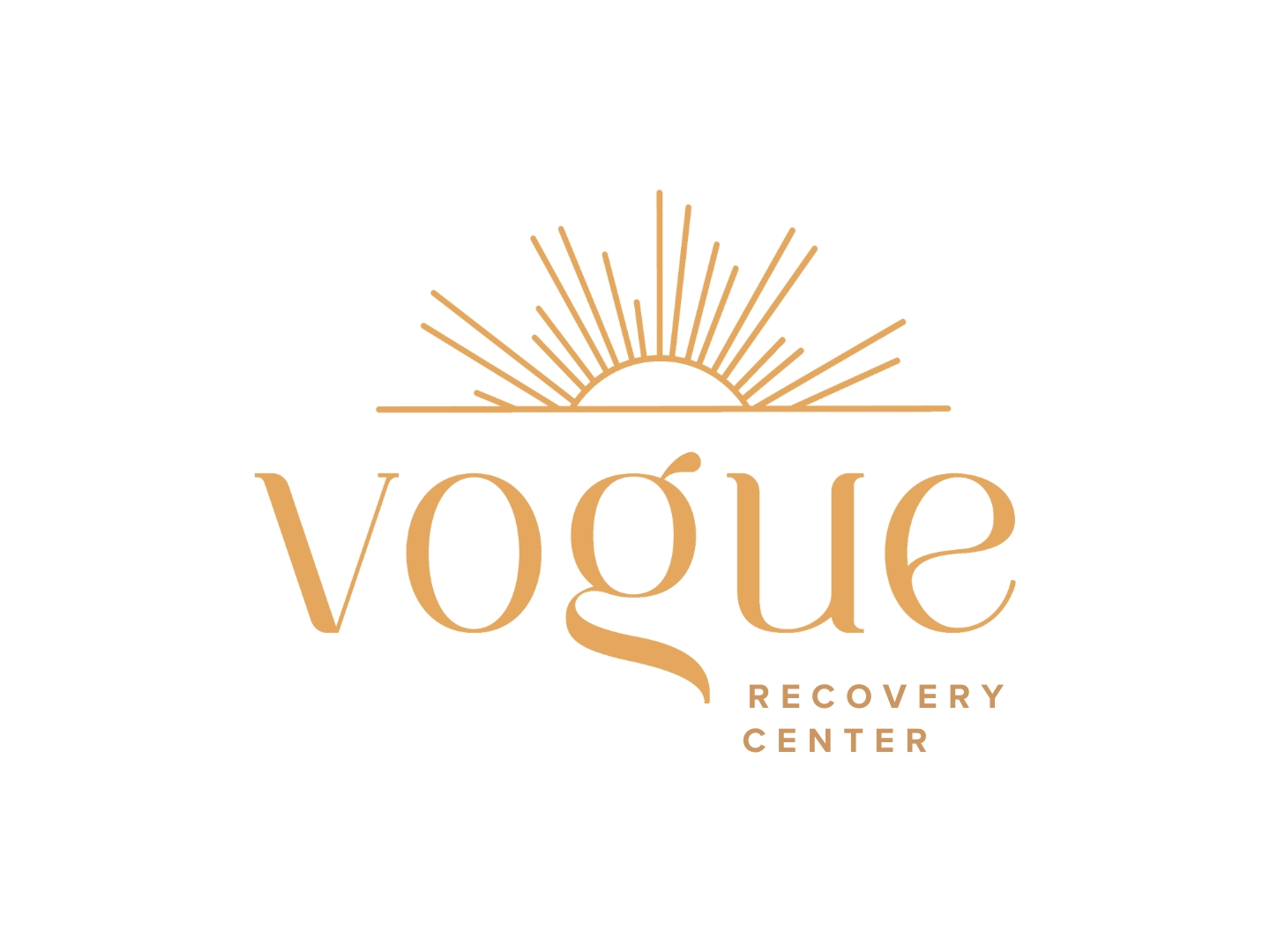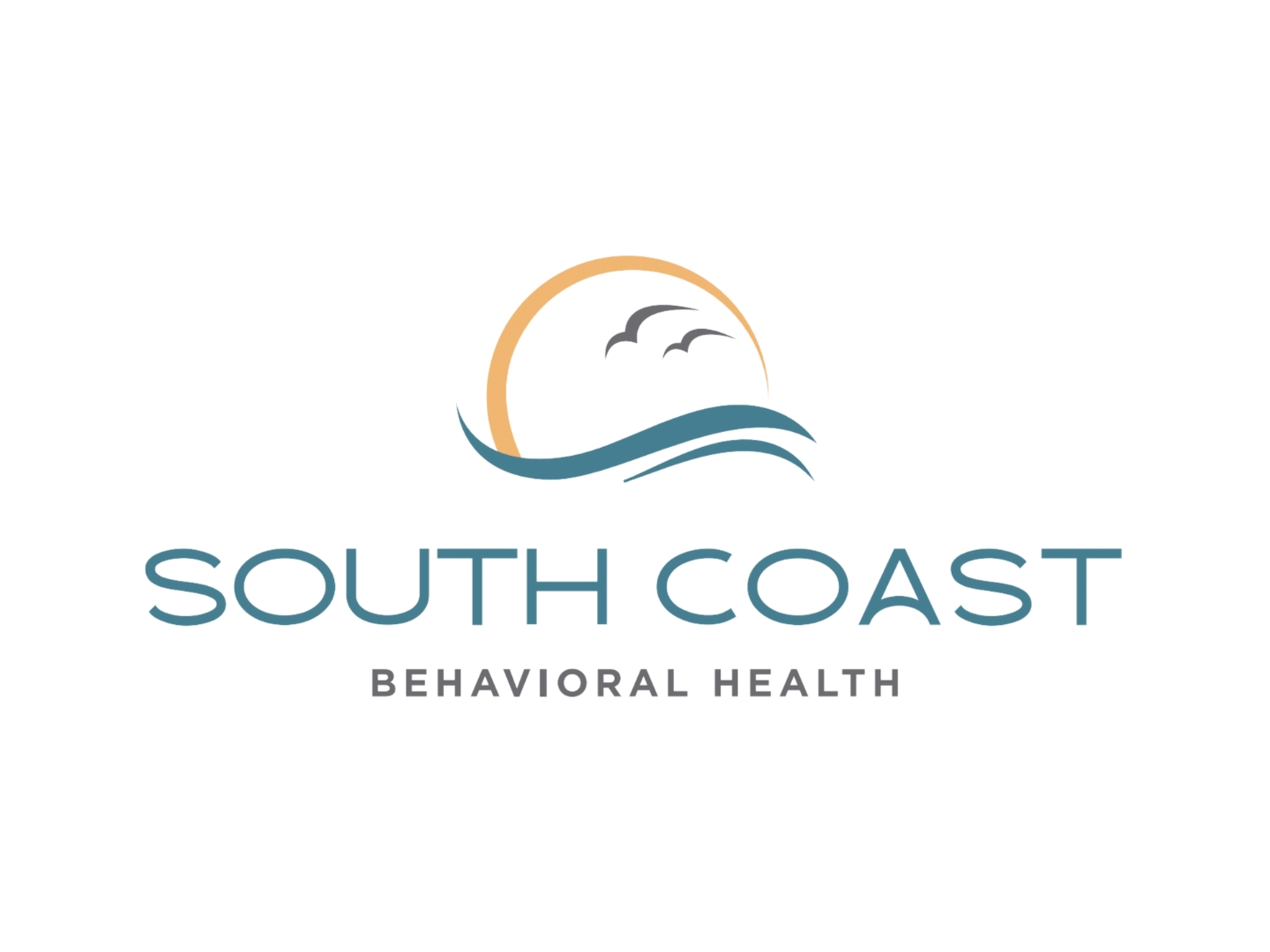Expressive arts therapy is often a key part of holistic healing from addiction and mental disorders. Just as substance abuse and mental illness look different for each person, treatment options resonate in varying ways. Understandably, no one treatment approach works for everyone, but creative arts touch people on a personal level. Through expressive arts therapy, individuals access deeply repressed feelings, better understand themselves, and learn to embrace their emotions. Expressive therapy activities include many forms of creative expression, like play, music, art, dance, writing, and movement. Expressive arts therapy can be incorporated into recovery programming for a wide range of issues, from substance abuse to behavioral disorders.
Aliya Health Group is a leading provider of holistic and evidence-based treatments for mental illness and addiction. Our expressive arts programs foster the natural creativity of each client to heal mental and emotional wounds that can’t be seen. You don’t need to have musical or artistic skills to excel in expressive arts therapy. Anyone can benefit from treatment so long as they get help from the right clinical team, like those at Aliya Health Group.
Expressive arts therapy, or integrative arts therapy, is a self-directed type of therapy that promotes creativity, healing, and restoration. Because each activity is hands-on, clients feel a sense of freedom and safety when creating. They enter new realms of memory and emotion by “turning off” their thoughts and focusing on mindfulness in creation.
All art therapy group activities are led by expressive art therapists, who encourage liberation and self-discovery in each session. Further, group leaders help individuals reflect on the bigger feelings they encounter during activities to direct their reflection toward healing.
Art therapy relies on the understanding that art ignites individuals’ creativity, vulnerability, and self-expression. Art therapists help people access these qualities by drawing connections to their struggles. For example, therapeutic arts help individuals become unguarded, which brings repressed trauma and pain to the surface to be unpacked and resolved.
No one should have to wait to heal, which is why our specialists are available 24/7 to help guide you through the admissions process every step of the way.
There are many different types of creative expressive therapies. This is one of its strengths. It shows individuals that there is no way to experience life or pain. It lets them explore different art forms to see which one they feel comfortable and open with. Recreational therapy activities range from movement-based tasks to working mainly with one’s hands to activities that employ the brain. Thus, activity therapy uses the whole body and taps into the mind, body, and soul for holistic progress.
Art therapy allows individuals to produce a physical result from their time spent creating. It includes the following and more:
Art therapy helps individuals realize they can turn their pain into something positive. They often learn more about themselves as people and artists along the way. It’s understood that illness can deepen the expressive act of creating. As such, art therapy activities for trauma help clients face their trauma from a place of feeling relaxed and safe.
Although sound therapy (listening to frequencies and songs) is another healing practice, expressive music therapy emphasizes the act of creation. Yet, listening to music and discussing lyrics can be music therapy activities.
Music therapy includes:
Music speaks to the inner identity through words and sounds, so therapists use music to help clients express themselves. Music-making is a healing communal activity that can be done as a group. Further, it stimulates euphoric feelings that people with substance addiction may not know how to find outside of drugs.
Writing therapy offers people a space to write down their feelings. Journaling and writing are tools to unlock unspoken feelings and memories. Women, especially, tend to benefit from writing about their traumatic experiences in small increments until they’re able to safely revisit the memories. Journal therapy is effective because writing about something is shown to reduce its control over an individual. As such, clients can combine writing therapy activities with psychotherapy to release themselves from their trauma.
Dance and movement therapies encompass a wide range of movement and performance arts.
This includes:
Meditation and mindfulness play a key role in recreational movement therapy. Clients learn how to focus inwards on how they’re feeling through breathing exercises and re-centering. Along with their mental and spiritual effect, movement therapy activities promote general health.
Dance therapy practices stem from Eastern movement rehab, which encourages freedom of the body. In fact, improvisation is one of the pillars of art therapy. The freedom of creation is that it can become anything the individual wants—or needs—it to become. Further, movement and dance therapy draw on the intuitive element of expression. Allowing for natural release can lead to the strongest healing.
If you or a loved one is struggling with addiction or mental health issues, our admissions team is available 24/7. Our compassionate and understanding team can help answer your mental health treatment questions and get you started on the path to recovery.
Deciding to seek treatment can be intimidating. We are here to make this process as easy as possible. Reach out to us today to learn more about how our treatment centers can help!
Expressive art is often an enjoyable non-verbal movement activity. Adults, especially those in pain, frequently lose the will and energy to be creative. Making art is usually the first thing to fall by the wayside in the battle against addiction. Yet, evidence shows that creating allows people to enter a safe psychological space where healing can occur. Through art, individuals let their guard down, release pent-up trauma and pain, find stress relief, and may even experience joy.
Expressive psychotherapy leads individuals to address their feelings, no matter what they experience. These may include conflict, triggers, or trauma. Trauma-informed expressive arts therapy is used in trauma-focused care to gently guide individuals through past pain.
Expressive arts can also include play therapy activities, which are shown to help unlock rooted feelings and emotions. These are sometimes held but not unpacked since childhood. Play therapy allows clients to tap into a vulnerable child-like state for transformative healing. In the same way, many expressive therapy activities foster trust because of their familiar, reminiscent, and liberating nature.
Expressive arts therapy is beneficial for adults and children, as well as developmentally challenged people. Adults who struggle to open up in psychotherapy and those trapped in poor mental health can find release through art.
Expressive art activities are evidence-based therapies that are beneficial in treating mental illness and substance abuse disorders. Those battling with addiction, trauma, behavioral disorders, mood disorders, and low self-esteem may particularly benefit. Expressive art therapy activities for adults help them examine their situation in a new light. Plus, the act of creating fosters positivity and stress release.
Clients at our facilities experience person-centered expressive arts therapy that treats them as individuals above their illness. Combining our person-focused approach of care with expressive therapy can produce greater self-worth, confidence, and a release of guilt.
Integrative arts therapy should be utilized as part of treatment in individuals with substance abuse. Those with substance addictions often feel like burdens in their families and friend groups, which leads to heaviness. Substance abuse group therapy activities bring peers together to discuss such feelings in a safe space. As a result, they’re encouraged to stay open, even amidst feelings of shame, fear, frustration, or anger. Channeling your feelings into expressive art lets you see what remains—a sense of release.
Those with mental disorders and poor mental health can find peace and order in the creation of art. Although managing symptoms of mental illness is a daily challenge, creative arts therapies allow you to control what you create. Expressive arts therapy is most effective when used as an adjunctive therapy along with talk therapy, counseling, and medication management. At Aliya, our therapy center provides comprehensive care for mental disorders that combines traditional, evidence-based, and experiential therapies into one holistic treatment approach. Expressive art therapies are available for everyone who’s ready to release pain or trauma. Reach out today to request info about our therapies and offerings.
"*" indicates required fields
Thanks to Aliya Health Group’s nationwide network of addiction and mental health treatment centers, you’re never far from expressive arts therapy. The art therapists at our rehab facilities are skilled and experienced clinicians. They’ve helped countless others find their path to recovery through creative expression, and they’re ready to help you next. Get in touch with our admissions team today and learn more about the value of expressive art therapy.
Change is just a phone call away, so please reach out today.
Aliya Health Group accepts most major health insurance providers on both a national and local level. Some of the health insurance providers we work include:













Before entering outpatient treatment for substance abuse, most people have a long list of questions and concerns. To help you gain a better understanding of what to expect during outpatient programs, we have compiled a list of our most frequently asked questions.
Yes, our rehabilitation facilities have designated smoking areas available. However, kindly note that all cigarettes brought into the facility must be in unopened packs or cartons. The same rule applies to any cigarettes sent or brought by family or friends. Our staff will be more than happy to provide you with additional details regarding these guidelines during the admission process.
Yes, in most cases, we can offer repayment options tailored to your unique circumstances. For more details regarding personal repayment options, we recommend reaching out to our admissions team. They’ll be more than happy to assist you.
We accept all major insurance plans at our treatment locations. To learn more about insurance and treatment cost, contact our admissions team or fill out our secure insurance verification form.
Yes, we provide integrative dual diagnostics alongside a wide array of treatment modalities. Our core objective revolves around tackling addiction, while simultaneously addressing the underlying factors that contribute to substance use disorders. Our mission is to deliver effective and holistic care that encompasses both symptom management and the exploration of root causes of addiction.
In terms of cost, outpatient treatment is typically more affordable than inpatient options which require round-the-clock medical supervision. This makes it a viable solution for individuals who may be deterred from seeking help due to financial constraints.
"*" indicates required fields
For Immediate Help Call: 888-973-2078
Aliya Health Group is a comprehensive network of addiction and mental health treatment centers, with locations spanning nationwide.
We are driven by our commitment to empower individuals, families, and the community by providing education, tools, and support, to help them lead healthy, fulfilling lives in recovery.
Our admissions team is available 24 hours a day, 7 days a week, 365 days a year.






